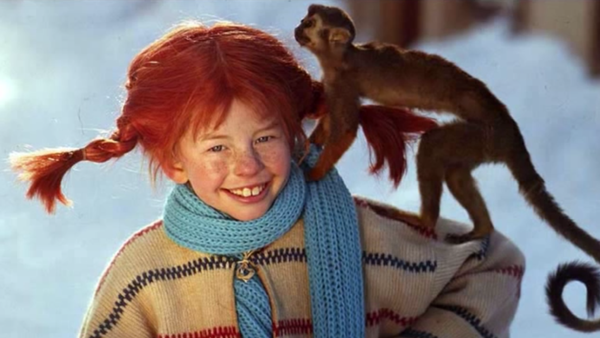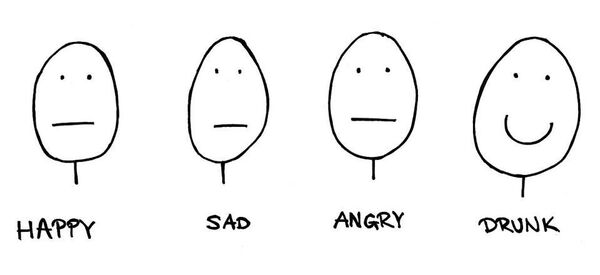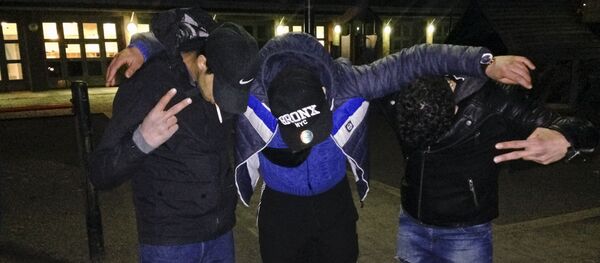In a YouTube clip, Niklas Källner got the psychologist, who was unaware of who he was analyzing, increasingly worried by counting up several of Pippi's trademark mannerisms and personality traits.
"This person treats their animals as if they were adults, always looks for kicks, uses firearms. Once, this person got the idea they could fly like an eagle and threw themselves off a cliff," Niklas Källner told the unaware psychologist, adding that the person also ate a toadstool, "because you could not drink it."
She was my fav 🍅🍜 #pippi pic.twitter.com/HiHJz5soxL
— KEROL (@carlanji) 23 мая 2016 г.
The odd and free-spirited Pippi got herself in trouble on the very day of her creation. Remarkably, the Bonniers publishing house initially refused Astrid Lindgren's first draft of the book in 1944, dismissing the protagonist as "a little übermensch in a child's stature put into an ordinary environment."
Qué increíbles son las historias que nos hacen soñar #librosquemarcan #LibrodelDía #Pippi https://t.co/UfTa39u1ek pic.twitter.com/wGtxRPgPl6
— Cuánto Cuento (@cuantocuentoweb) 13 мая 2016 г.
"The Pippi Cult has turned everything upside down: school, family life, normal behavior. It has ridiculed order and respect, honesty and consideration. It has glorified self-absorption, self-fixation, ruthlessness and escapism. It has glorified impulse as superior to composure and preferred whimsicality to thoughtfulness," Stenström wrote.
In 2014, Pippi Longstocking found herself the victim of censorship, as Swedish television network SVT decided to remove several scenes from the TV adaptation "Here Comes Pippi Longstocking" from 1969. Among the deleted scenes was one where Pippi makes a Chinese impression by pulling the corners of her eyes as if her eyes were slanted. Moreover, scenes where Pippi refers to her father as "Negro king" were deleted.





